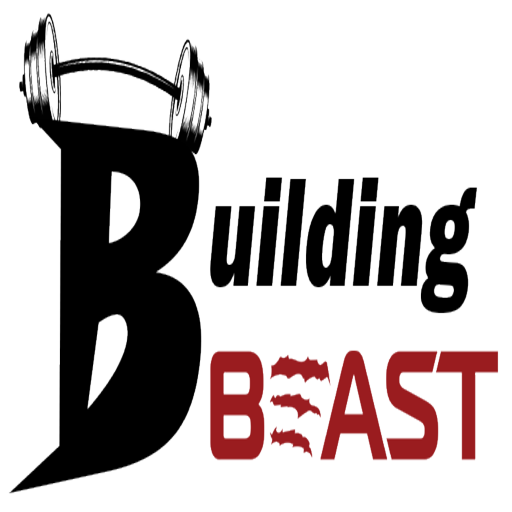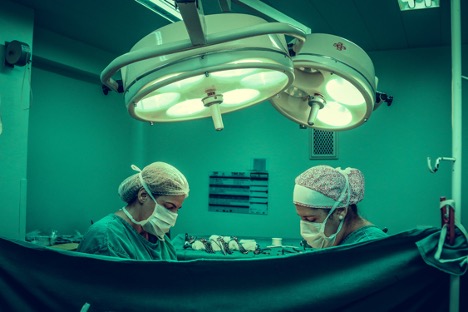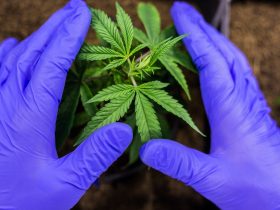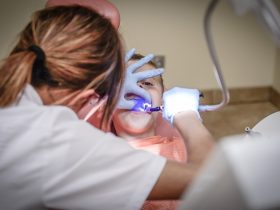Expectant mothers have their blood pressure measured at every scheduled check-up. Such control is necessary in order to avoid any associated problems. In this article, you will learn about the symptoms and treatment options for high blood pressure in pregnancy.
High blood pressure during pregnancy is diagnosed if its values exceed 140/90 mm Hg. When, for any reason, this pressure exceeds the established norm, doctors speak of hypertension. If you suspect that you have high blood pressure, see your doctor as soon as possible.
This condition must be monitored, especially during pregnancy. After all, it can be associated with a risk not only to your health but also to the health of the child. Therefore, do not dismiss the symptoms and consult a treating specialist.
High Blood Pressure During Pregnancy
High blood pressure during pregnancy in women who have not previously suffered from this problem can be observed in the middle or towards the end of pregnancy. The symptoms become visible usually from 20 weeks. On the contrary, during the first months, women are often worried about low blood pressure. Depending on the characteristics, four main types of high blood pressure in pregnant women can occur:
Gestational Hypertension
In such a condition, there is no chronic problem related to blood pressure, hypertension develops only during pregnancy (usually starting from the 20th week). This condition does not have any particular symptoms, and it usually resolves after childbirth. However, it still comes with a number of risks:
- The risk of preterm birth increases
- Low birth weight in a newborn
- Risk of developing preeclampsia
- Increases the risk of developing hypertension in the future too
Alcohol-Induced Hypertension
Women who suffer from alcohol or drug addiction during or after childbirth require immediate care. Many of them are not even aware that frequent consumption of alcoholic beverages can lead to elevated blood pressure. It imposes great health risks for both the expectant mother and her baby. If you do not get rid of alcohol addiction, it can cause long-term damage to your and your baby’s health.
Alcohol and such drugs pass through breast milk, putting your baby’s health at great risk. Thus, getting addiction treatment at the right time is important. You may get drug detox while breastfeeding but you need to be careful with medication-assisted treatment. This is because certain detox medications may also pass to breast milk.
Chronic Hypertension
It is such a condition in which a woman suffers from high blood pressure even before pregnancy, or it developed in the early stages, up to 20 weeks. Like gestational hypertension, it can also lead to preeclampsia. Women suffering from such a health problem must get treatment for safe pregnancy and their child’s well-being.
Preeclampsia
This term means a sudden increase in blood pressure, it usually occurs at the end of pregnancy (starting in the 3rd trimester). Preeclampsia is very dangerous and can damage the liver, kidneys, and other organs. But the harm is not limited to damage to certain organs as it can endanger the life of the mother and child. For this reason, it is important to control high blood pressure during pregnancy and prevent it from rising.
Symptoms Of High Blood Pressure During Pregnancy
Unfortunately, high blood pressure during pregnancy cannot always be identified by symptoms. However, the most common are: headaches, predominantly in the back of the head, blurred vision, sensitivity to light, swelling, and severe abdominal pain. All this is a direct consequence of high blood pressure.
As we wrote above, high blood pressure can threaten the life of the mother and child. Therefore, pressure control is an important part of pregnancy management. You should have it measured at every visit to the doctor. As for the symptoms of preeclampsia, here are the following:
- Increased protein in the urine
- Very severe headaches
- Vision problems: blurry outlines of objects or even complete blindness
- Dizziness and nausea
- Breathing issues
- Decreased hemoglobin
- Edema, predominantly of the face and hands
- Sharp weight gain
- Pain in the upper abdomen, under the ribs, and on the right side
If you notice these symptoms in yourself, you should tell your doctor about them. He/she will conduct an examination and confirm or refute the diagnosis. If you have preeclampsia, there are strategies to minimize the risk to you and your baby.
What To Do If You Have High Blood Pressure?
If you are suffering from high blood pressure during pregnancy, you should not worry much as there are some methods that can help:
Medication
The treatment of high blood pressure depends on the woman’s condition and her medical history, as well as the overall course of the pregnancy. Only a specialist can assess the situation and give recommendations that need to be followed.
For example, your doctor may prescribe medications that are safe for your baby to lower your blood pressure. So you need to take the medication as prescribed by your doctor. Do not stop taking or change the dose without first consulting.
Proper Nutrition
In addition to medication, your doctor may recommend drinking plenty of fluids (up to 3 liters per day) and eating a balanced, and low-salt diet. In addition, it is worth giving up semi-finished products and fast food, sweets, sausages, and fatty foods, as well as having a lot of rest.
Hospitalization
Even after following the above-mentioned techniques, if your blood pressure does not get controlled you may require hospitalization. The pregnant woman and the unborn child will be kept under medical supervision in order to prevent the development of preeclampsia.
Take Away
Now you know how dangerous high blood pressure is during pregnancy. Are there any preventive measures? Certainly! We recommend exercising regularly (walking and yoga for pregnancy), drinking enough water, avoiding coffee, and minimizing your salt intake. If you have any questions, ask your doctor at your next appointment. He/she knows your situation and will be able to give personal recommendations based on your health condition.







